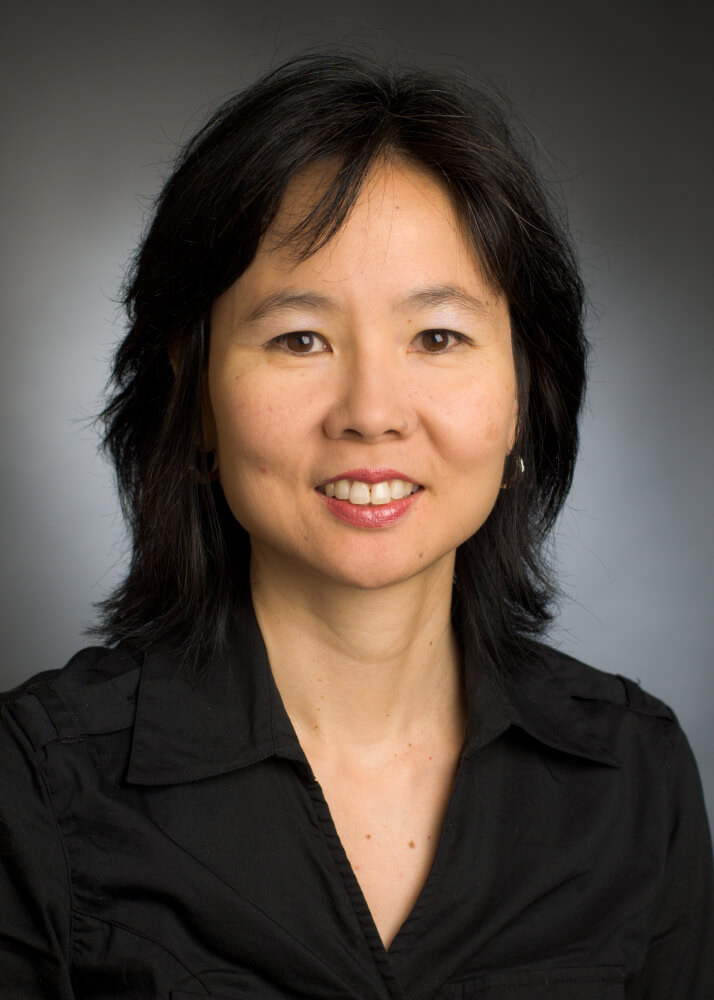Medially reviewed by Wendy Chen, MD, MPH
In 2019, the International Journal of Cancer published a study concluding that women — especially black women — who use either permanent hair dye or chemical straighteners are at a higher risk of developing breast cancer.
But more work still needs to be done before researchers can confidently say there is an association between cancer and these products, according to Wendy Chen, MD, MPH, senior breast oncologist at the Susan F. Smith Center for Women’s Cancers at Dana- Farber/Brigham and Women’s Cancer Center.
“It’s important that people don’t over-interpret one study,” Chen explains. “Using this study alone, we cannot say there is a definitive connection.”
The study
The study was conducted between 2003 and 2009 and tracked the hair dye/chemical straightener habits of more than 46,000 women. All participants were part of the Sister Study, an effort conducted by the National Institute of Environmental Health Sciences to identify causes of breast cancer. Sister Study participants had no history of breast cancer themselves but had at least one sister who had been diagnosed with the disease. The women were between the ages of 35 and 74 and living in either the United States or Puerto Rico.
Through structured questionnaires and computer-assisted interviews, participants provided information on their lifestyle habits, including the use of permanent and semi-permanent hair dyes and chemical straighteners.
The results
During this time, more than 2,700 breast cancer cases were identified, with 55% of women having reported using permanent hair dye during enrollment. Permanent dye was associated with a 45% increased risk of developing breast cancer in black women, and but no risk in white women. In contrast, they did not find an association between semi-permanent hair dye and an increased risk in breast cancer.
Potential issues
While at first the results appear quite conclusive, Dr. Chen says it’s important to dig deeper.

Other studies
This is not the only study that has examined a possible connection between hair dyes/chemical straighteners and breast cancer. While this study noted a possible association between the two, a vast majority of others have come back negative (showing no association). Negative studies rarely get the same press as positive ones, and if there are discrepancies, more research is necessary, she says.
Classifying hair dyes
In this study, the authors noted they saw an increased risk in permanent hair dyes but not semi-permanent ones. To gather information on which dyes participants used, the study only asked the women to self-report their type of hair dye. However, they never confirmed if the information they received was correct, or even if participants could accurately distinguish between permanent and semi-permanent hair dyes. To more precisely study hair dyes, it would be key to confirm that use of permanent and semi-permanent dyes was classified correctly.
Identifying racial differences
The study indicated black women have an elevated risk (45%) of developing breast cancer if they use permanent hair dyes. However, black women can come from very different ethnic and racial backgrounds.
Furthermore, the study had a much smaller number of black participants than white. The lower the number of participants, the less precise the results — there is a greater possibility that you may see an association by chance. Since the highest risk percentage came from the population with the fewest number of participants, it’s important to do additional research to confirm there is indeed a connection.
Takeaways
While Chen does not believe this report shows a definite association between the two, she notes the report still has value. First, she believes the results should lead to follow-up studies. For example, researchers might want to explore the types of hair dyes black women generally use.
Additionally, Chen believes it’s always important to explore new ideas and have conversations so we can all protect ourselves against elevated cancer risks.
“There is still a lot we don’t understand regarding the connection between environmental exposures and breast cancer,” she says. “It’s always important to explore these possibilities. However, this study is not going to make me tell patients to stop dying their hair or using chemical straighteners.”

Reading about the possible link of hair dye use in woman, I gather there is no scientific proof at this time. But, would you recommend woman not use hair dye, because of the possibllity.
What are the feelings of a young woman having a mastectomy for cancer that is thin, then 25 years later and gained weight, do with the imbalance of one breat getting so big.